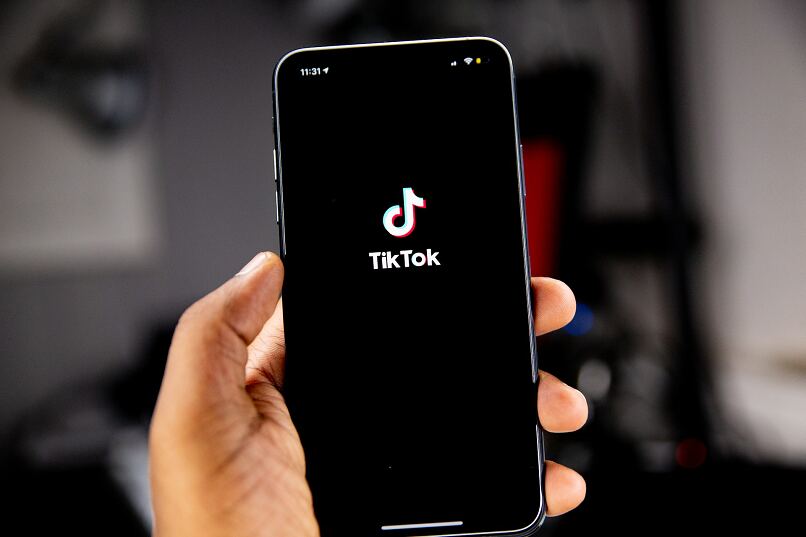TikTok Overwhelmed by 'Elon Musk' Crypto Giveaway Scams

TikTok, the widely-used video-sharing platform, is currently grappling with a wave of cryptocurrency giveaway scams. These are misleadingly employing the likeness of tech magnate Elon Musk and his associated brands Tesla and SpaceX.
The videos, posted hourly, often employ deep fake technology to portray a fabricated interview involving Musk on mainstream media channels like Fox News, in which he is endorsing fictitious cryptocurrency giveaways. The ingenuity of the deep fakes is alarming, making it easy to trick unsuspecting users.
A closer examination into the scams reveals a pattern. Once lured, users are redirected to counterfeit crypto exchange websites with similar domain names, such as bitoxies[.]com and moonexio[.]com. They are then instructed to register and input a promotional code provided in the TikTok video. These sites mock-deposit funds, giving users the illusion of a substantial sum, sometimes as much as $9,000.
However, the catch is sinister. When users attempt to withdraw their newfound 'fortune', they're prompted to deposit a nominal amount, approximately 0.005 Bitcoins or roughly $132, to "activate" their accounts. This so-called "activation" deposit is the scammer's payday, as victims receive nothing in return. Adding salt to the wound, these sites often require users to submit KYC (Know Your Customer) data, granting scammers potential access to other legitimate cryptocurrency accounts.
Cybersecurity watchdogs and experts have been sounding the alarm for some time now. The Better Business Bureau recently issued warnings about the proliferation of such scams on TikTok. Furthermore, a report from the FTC indicated that since the start of 2021, a staggering $1 billion has been lost to crypto scams.
Platforms like Instagram and Twitter have also been fertile grounds for such deceitful activities. Perpetrators often impersonate high-profile figures or reputed crypto exchanges to give their schemes an air of legitimacy. Due to his significant influence in the tech and crypto spheres, Elon Musk has been a common figurehead in these ploys.
Given the sheer profitability, there's no immediate end in sight for these fraudulent endeavors. The combination of TikTok's vast outreach and a predominantly younger audience offers a ripe hunting ground for these threat actors, who bank on the naivety and inexperience of many users.
As the crypto world continues to intersect with mainstream social platforms, the need for vigilance has never been more crucial. Regulatory bodies and platforms must join forces to curb these scams. But until a holistic solution emerges, the age-old adage remains— if it seems too good to be true, it probably is.



Please, comment on how to improve this article. Your feedback matters!